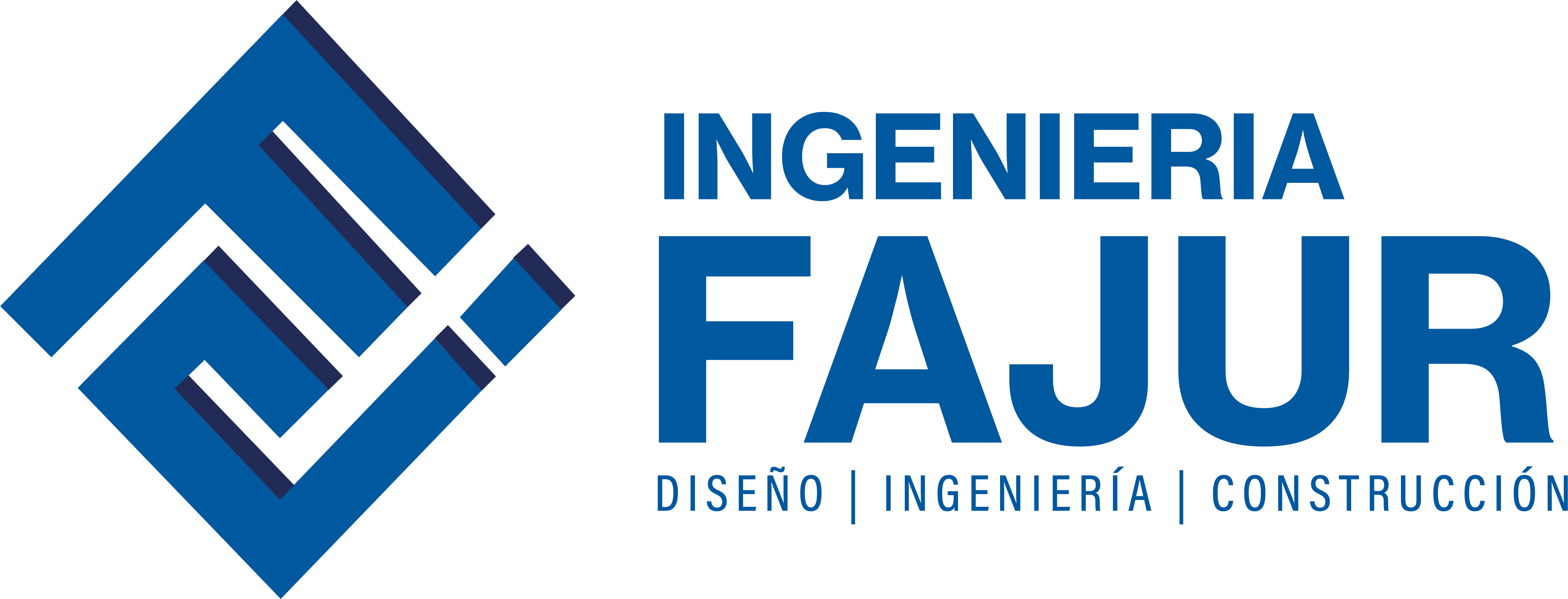In the ever-evolving realm of education and learning, where info moves perfectly and accessibility to expertise is just a click away, student-driven encyclopedias are emerging as a vibrant device in the understanding procedure.

These platforms not only offer students with a database of info however also motivate them to add, edit, and curate material, fostering a collective and interactive learning environment.
As educational standards shift in the direction of even more participatory and inclusive designs, the principle of student-driven encyclopedias personifies this change. These platforms encourage students to come to be energetic participants in understanding development, bridging the space in between traditional book discovering and contemporary digital resources.
The Idea of Student-Driven Encyclopedias
Student-driven encyclopedias are digital platforms where trainees jointly collect, verify, and disseminate information on a broad selection of topics. Unlike traditional encyclopedias, which are usually created by professionals, these platforms take advantage of the joint efforts of trainees to produce a comprehensive body of knowledge.

At their core, student-driven encyclopedias are designed to grow crucial thinking, research abilities, and electronic literacy amongst pupils. By participating in the process of web content development, students find out to browse and assess details seriously, skills that are essential in today’s information-rich culture.
Furthermore, these systems function as a room for pupils to explore their passions and share their proficiency. This democratic method to knowledge development ensures that a varied range of perspectives and voices are stood for, improving the learning experience for all participants.
- Students acquire hands-on experience in research and material creation.
- Motivates collaboration and peer communication.
- Promotes a deeper understanding of topic.
- Fosters inclusivity and diversity in knowledge depiction.
Essentially, student-driven encyclopedias transform pupils from easy recipients of information into energetic contributors, instilling a sense of possession and duty in their instructional journey.
Advantages of Student-Driven Encyclopedias
One of the principal advantages of student-driven encyclopedias is the development of necessary 21st-century abilities. As pupils participate in the procedure of web content creation, they sharpen their important thinking, electronic proficiency, and interaction skills, all of which are important in today’s interconnected globe.
Furthermore, these systems urge a joint knowing atmosphere, where pupils can interact to validate information, dispute various perspectives, and co-edit write-ups. This peer-to-peer communication not just enhances discovering outcomes however additionally fosters a sense of area and mutual respect amongst trainees.
Moreover, student-driven encyclopedias supply a system for showcasing trainee job. As pupils add to the encyclopedia, they develop a profile of their research and writing, which can be important for further scholastic and specialist searches.
Difficulties and Limitations

Despite the various advantages, student-driven encyclopedias additionally encounter particular obstacles. Ensuring the precision and integrity of info is vital, as these ask and learn q&a platforms count on payments from pupils who might not yet possess expert-level understanding.
- Keeping content high quality and accuracy.
- Offering sufficient guidance and guidance.
- Ensuring fair access and inclusivity.
To mitigate these obstacles, many student-driven encyclopedias implement a system of checks and balances, where material is examined by teachers or experts before magazine. This makes certain that the information presented is both exact and credible, maintaining the stability of the platform.
The Future of Student-Driven Encyclopedias
As innovation remains to breakthrough and the landscape of education and learning progresses, the possibility for student-driven encyclopedias is substantial. These systems have the capability to not just enhance conventional educational resources yet also redefine the means expertise is obtained and shared.
In the future, we could see student-driven encyclopedias integrating advanced innovations such as expert system and artificial intelligence to improve content curation and personalization. In addition, they might broaden beyond textual details to consist of multimedia material, offering a more immersive understanding experience.
Equipping the Next Generation
Student-driven encyclopedias hold the guarantee of equipping the next generation of students. By placing trainees at the helm of understanding production, these platforms urge lifelong discovering, curiosity, and intellectual freedom.
Finally, as academic systems remain to introduce, student-driven encyclopedias stand as a testament to the power of partnership and the relevance of student firm in the understanding procedure. By accepting these systems, we open the doors to an extra comprehensive, engaging, and dynamic academic experience for all.
